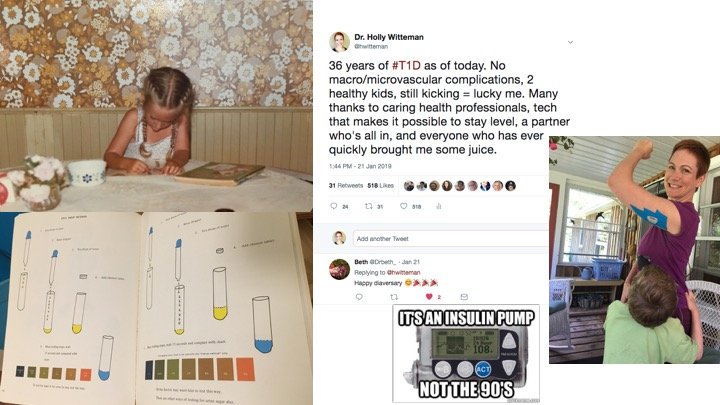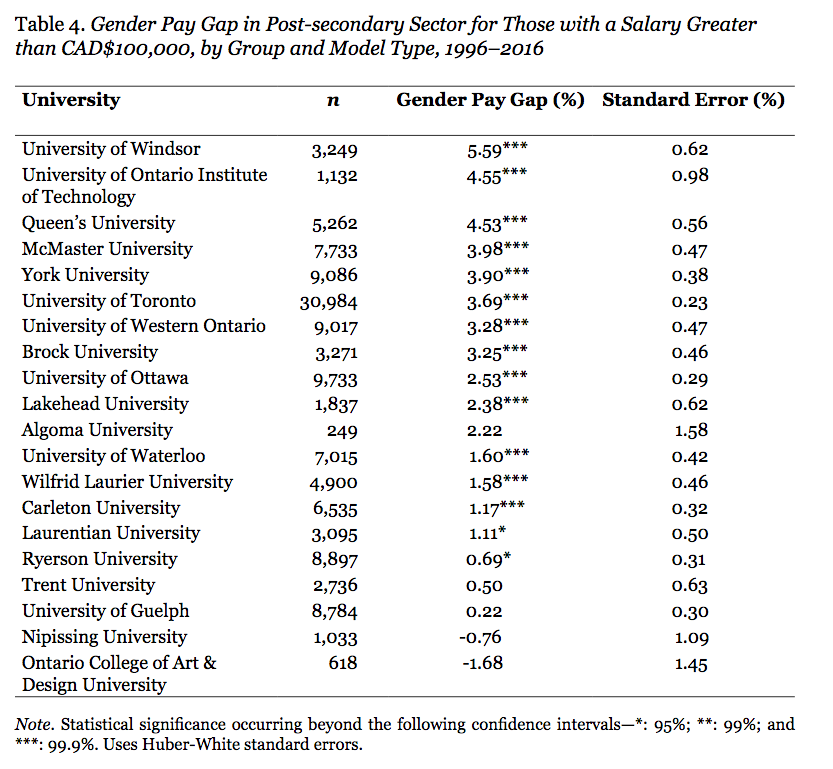
Thank you @WrightCensored! 5 minutes is a very tough length for me (1-2 minutes is easy, 20 minutes is easy, anything in between is hard to stick to time), so, as usual, I prepared my statement ahead of time! Makes it easy to copy and paste here. 😀
https://twitter.com/WrightCensored/status/1321161064776695813?s=20
1/Hello, thank you so much for this incredible honour.
2/I’m very grateful to the society @socmdm, to everyone on the awards committee, everyone on the board, my colleagues and friends who nominated the paper, my co-authors, the people at the funding agency who collaborated on the work, my team and my family.
3/I am speaking to you today from snowy Quebec City, Huron-Wendat land. Acknowledging that is one small part of my responsibilities as a settler but it’s also relevant in the context of this paper because the Huron-Wendat are matrilineal, as are many other Indigenous nations.
4/In some nations, women have significant decision-making and political authority. I learned from my friend and colleague, Alex M. McComber, a Kanien'kehá:ka (Mohawk) scholar from Kahnawá:ke Mohawk Territory (the community near Montreal where we had an #SMDM18 dinner symposium)
5/that the founding fathers of the United States copied the idea of having three equal branches of government from the Haudenosaunee, or the Iroquois confederacy. The Haudenosaunee have structured their government like this for millenia.
6/But in their copy and paste, the US founders ignored the importance of gender balance within Haudenosaunee society and governance. Specifically, senior women nominate the leaders and can remove leaders who show themselves to be incompetent or irresponsible.
7/As for our paper, as usual, there were a lot of drafts & versions. One had my favourite title, our preprint title, that I wish we could have kept: “Female grant applicants are equally successful when peer reviewers assess the science, but not when they assess the scientist.”
8/And I don’t have time to discuss it here, but in the paper, we discuss possible reasons women might be reviewed less favourably as principal investigators and what to do about it, and if I leave you with nothing else, I hope you will remember that if I had to bet...
9/...on the root cause or causes, I would say it probably isn’t something that can be fixed simply by anonymized review or reviewer training, though those may be good things to do in some situations.
10/Based on what we see in the literature as a whole, I think the major causes are likely systemic, and that takes more work to fix. It’s not a pipeline issue, either. I really hate the “leaky pipeline” metaphor. I’m grateful to Imogen Coe, former dean of science at Ryerson U,
11/for introducing me to a 2011 paper by De Welde and Laursen in which they introduced the metaphor of the glass obstacle course, which is just so much more fitting because it conveys this idea of barriers that you may not even perceive until you hit them.
12/The first line of our paper is, “For decades, studies have shown that women in academia must perform to a higher standard than men to receive equivalent recognition, especially Indigenous and racialized women.”
13/I specifically included that clause, because there is solid evidence that colonialism and racism interact with sexism in compounding, negative ways that affect Indigenous, Black, Brown, and other women of colour in academia.
14/There are other dimensions of identity that could probably be listed too, if the studies were done. Women who are first generation academics, LGBTQ+ women, immigrant women, women who are members of religious minorities, disabled women.
15/I’ve lived since childhood with a time-consuming chronic disease classed as a disability, so I get to live the intersections of ableism and sexism, both of which are baked into academia and many academics in ways that have affected my career & my relationships with colleagues.
16/Disability is often left off the list when academics talk about equity, diversity, and inclusion, possibly because it’s often ignored in other contexts, too.
17/Most jurisdictions haven’t reported COVID-19 statistics by disability, but some have. In England and Wales, 59% of people who died of COVID-19 were disabled. Disabled people are 16% of their population. ons.gov.uk/peoplepopulati…
18/I want to close by saying to everyone who, like me, is at higher risk for any reason and who may find it difficult when it’s repeatedly shown to you ...
19/19 ...that people in your community, your elected leaders, maybe your colleagues, don’t seem to value your life or care about your family, I see you. I value you. Thank you again for this award.
• • •
Missing some Tweet in this thread? You can try to
force a refresh






